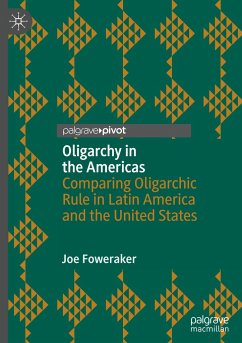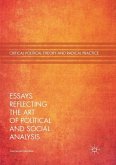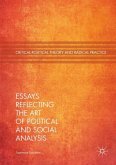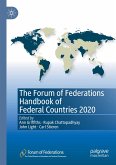This book explores the continuity of oligarchic rule in the Americas of the modern period, with a focus on the variable compatibility of oligarchic rule and democratic government. This focus sets the terms for a comparative inquiry that creates a novel perspective on the politics of Latin America and the United States alike. The continuity depends on the formation of a patrimonial State and a porous division between oligarchic interests and the public sphere of democratic politics; but it also depends on a capacity to adapt and change, and these changes are marked by successive and distinctive modes of rule in both Latin America and the United States. The book concludes with a description and comparison of the sequences and political characteristics of these modes of rule and discovers a recent and remarkable convergence of oligarchic rule in the Americas.
"Oligarchy in the Americas provides some of the pieces necessary for making these distinctions and accomplishes this while also drawing enlightening conclusions with a unique comparison between Argentina and the US. Whether and how political exclusion works has been and will continue to be the source of great contention. Case studies like this make a good read and track the path dependent elements of the exclusions to come." (Louis E. Esparza, Fulbright Chronicles, Vol. 1 (4), 2023)








